
Newsletter Subscribe
Enter your email address below and subscribe to our newsletter

The latest technology updates & more!

The Internet Of Things or IoT has appeared to be a transformative force in the technology domain. IoT has enabled many businesses to manage, monitor, and automate their operations with more control and in an efficient way. There are numerous key characteristics of IoT that establish a standard of innovative services and autonomous operations across numerous industries.
However, before we begin with the characteristics of IoT, Let us quickly discuss What the Internet Of Things (IoT) is, how it works, and the importance of IoT.
Table of Contents
IoT is a network of interrelated devices such as physical devices, appliances, vehicles, or other physical objects that are rooted with software, sensors, and network connectivity intended to connect and share data with other IoT devices over the internet.
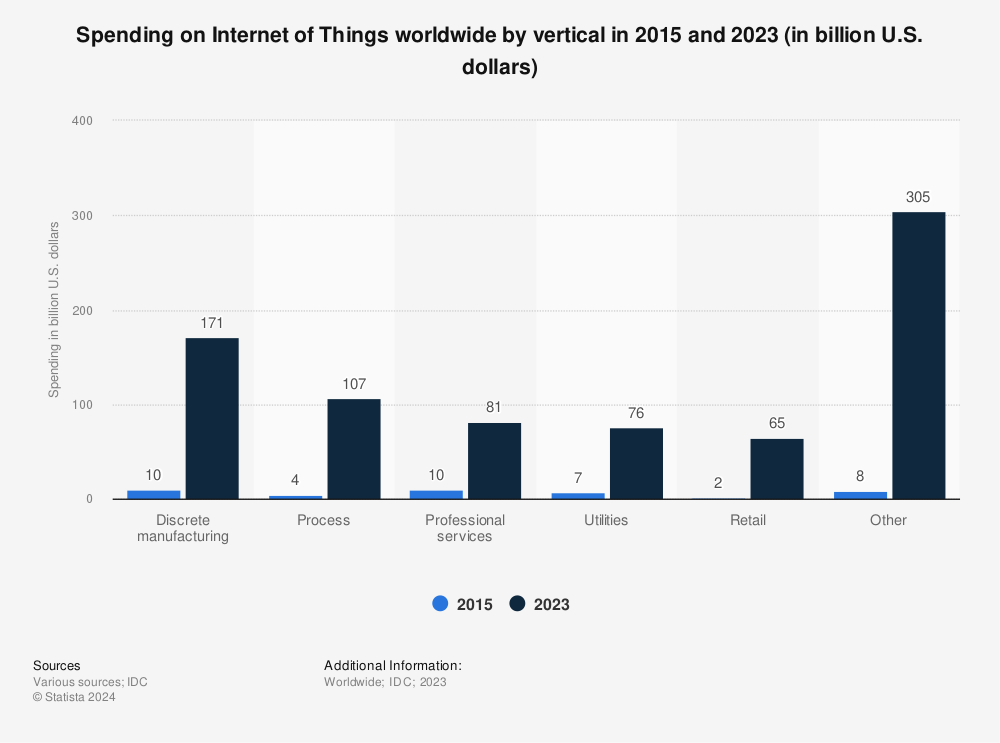
There are more than 10 billion connected to IoT devices and is expected to grow to 22 billion by 2025. IoT has a significant impact on our lives by automating household tasks making a smart home to industrial applications that help in monitoring and optimizing manufacturing processes. IoT has transformed various industries including healthcare, manufacturing, transportation, and energy.
IoT enables persistent integration between the digital and physical world by utilizing the power of machine learning, artificial intelligence, and big data analytics. IoT also helps in transferring data through a network that does not require interaction between human-to-human or human-to-computer.
Sensors that are inserted into the physical object will collect and transmit data from the cloud from where it is processed and analyzed. The information gathered empowers businesses to make informed decisions, optimize processes, and also to deliver better services to their customers.
The perfect blend of software advancement, physical design, and intelligent algorithms has paved a path of possibilities for boosted efficiency and convenience. Some examples of Internet of Things (IoT) Includes:
The important aspect of IoT systems includes sensors, software, and network connectivity technologies for the purpose of collecting, sending, and acting on the data they gathered from their context.
Sensors are in charge of collecting data from physical devices and they are able to measure humidity, motion, temperature, light levels, and many more. IoT devices then share the collected sensor data by connecting it to an IoT gateway- which is a hub in which IoT devices share data.
Before sharing the data, they can also be sent to an edge device for the purpose of analyzing the data locally. This is to minimize bandwidth consumption by reducing the data volume sent to the cloud.
The collected data needs to be transmitted and shared – That is when connectivity technologies play their part. The technologies permit these devices either to connect to the internet or communicate directly with one another within the local network. Some of the examples include Bluetooth Low Energy (BLE), Wi-Fi, and cellular networks like 3G, 4G, or 5G.
There are times when the device communicates with other devices that are related and act based on the information they receive from one another. Most of the work done by the devices is without human intervention. However, humans can also interact with the devices, for example, setting up them, accessing data, or giving them instructions.
Also Read: Best Internet Speed Monitor Apps for Your Windows PC
Now that we have understood what IoT is and the way it works, let us now acknowledge the importance of IoT globally. There are numerous key importance of IoT as they help people to live and work smarter thereby improving their way of life. The following are some of the importance of IoT.

Businesses can improve their efficiency and productivity to a great extent by using IoT devices to automate and optimize processes. The sensors in IoT are used to monitor the performance of equipment and detect any potential issues before they cause downtime by resolving them. This will also reduce maintenance costs and enhance uptime.

IoT helps businesses to reduce costs and improve profitability by way of reducing manual processes and automating repetitive tasks. IoT devices are able to monitor energy usage and optimize consumption which further reduces energy costs and increases sustainability.
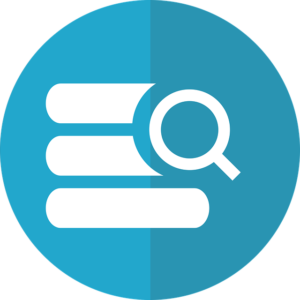
Another crucial importance of IoT devices is that it helps businesses to make better-informed decision and innovative business models by generating a vast amount of data. By analyzing this gathered data, businesses benefit from insights into customer behavior, operational performance, and market trends so that they can make informed decisions on product development, strategy, and resource allocation

IoT technology helps to gather data on customer behavior. This will further help businesses to create a more personalized and engaging experience for their customers. Retailers use IoT sensors to monitor customers’ actions in the stores and deliver better-personalized offers based on their behavior.
The following are the key characteristics of the Internet Of Things (IoT) that become helpful to acknowledge their capabilities and potential impact on numerous industries. They are as follows:
One of the crucial characteristics of IoT is connectivity as it is an important requirement of the IoT infrastructure. It is important that items of IoT must be connected to the IoT infrastructure and it should be guaranteed that anyone from anywhere must be able to connect at any time.
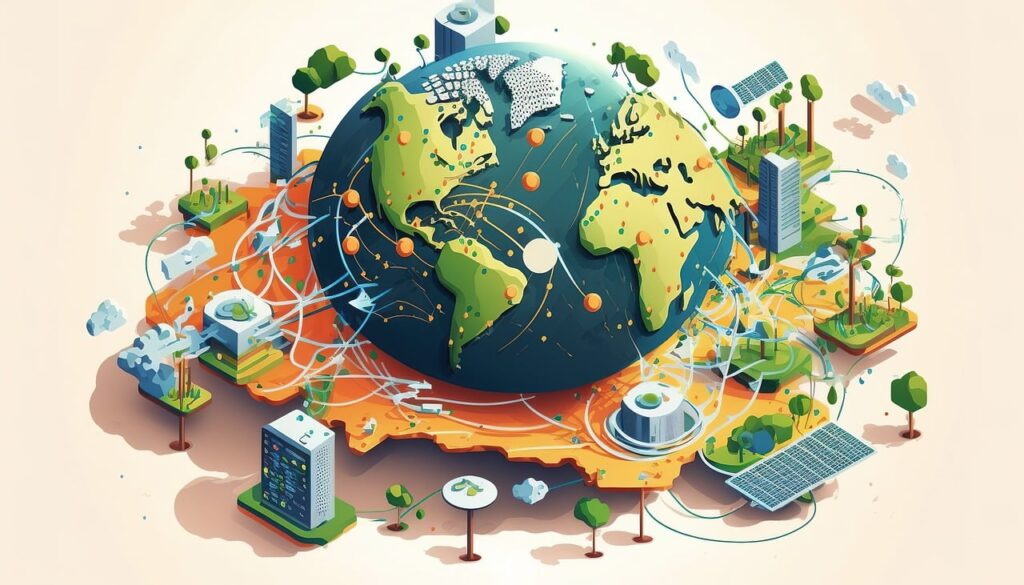
For example: People connect among others through internet devices such as mobile phones, tablets, or any other gadgets. And also the connection between devices like sensors, routers, etc.
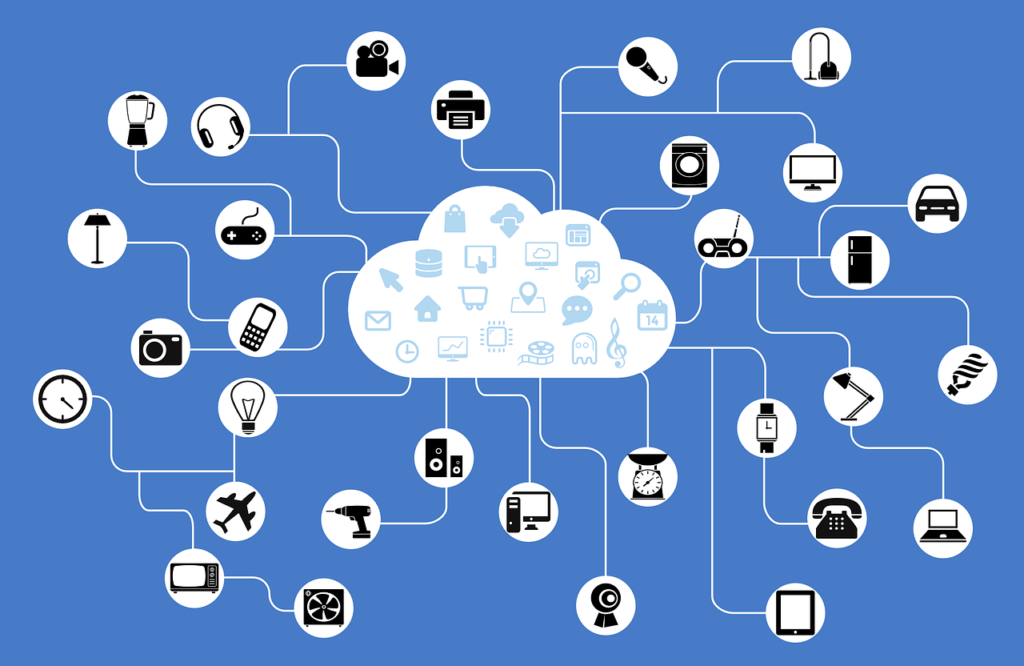
The figure of elements that are connected to the IoT zone is increasing and thus the setup of IoT must be able to handle the enormous expansion. The data outcome that is generated is massive and thus should be handled appropriately.
The architecture of IoT can’t be consistent in nature and it should be hybrid. IoT architecture includes network structure, devices, and cloud technology that enables the IoT devices to communicate with one another. It supports the products of different manufacturers in order to function in the IoT network.
The knowledge extracted through the data generated is very crucial. Sensors are capable of generating data but the data become useless if it is not interpreted properly. Every IoT device has its own unique identity and this identification becomes highly useful to track the equipment and also for status queries.

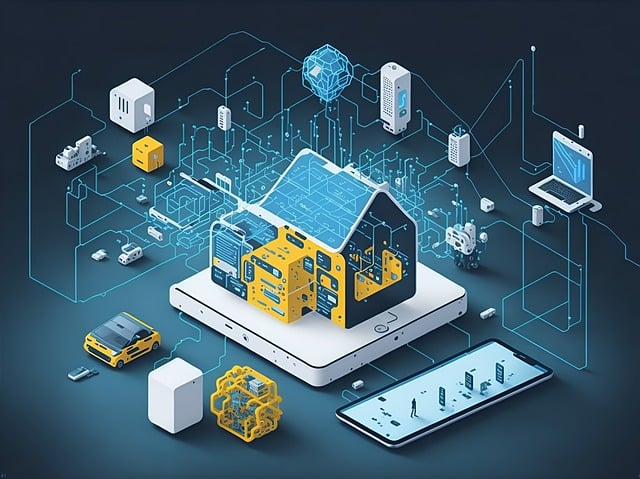
There is a risk of getting user’s sensitive personal details compromised when their devices are connected to the internet and this could cause loss for the user. And thus data security is a critical challenge. Equipment safety is also essential as the equipment involved is massive and this could risk IoT networks
In order to communicate with each other or with other systems, IoT devices make sure to use standardized technologies and protocols. One of the key characteristics of IoT is interoperability and it simply means the ability of various IoT devices and systems to communicate and share data with one another irrespective of technology or manufacturer. This characteristic feature enables various devices and systems to work together perfectly to provide an amazing user experience.
Another crucial characteristic of IoT is autonomous operation and this means the ability of IoT devices and systems to independently operate and make decisions without human intervention. This feature enables a broad spectrum of new applications and services.
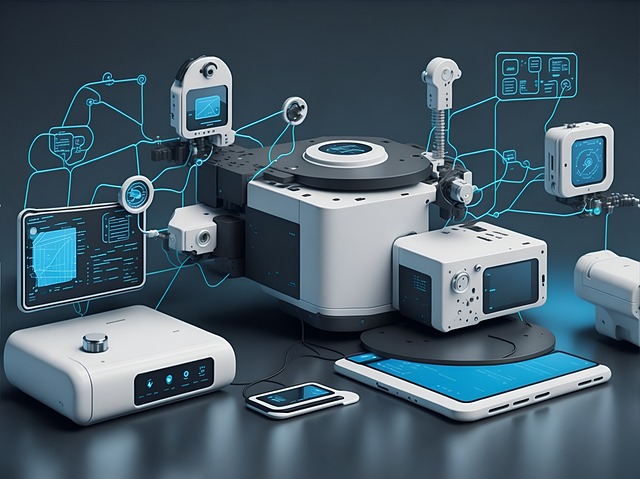
The devices and systems in IoT are equipped with processing power, actuators, and sensors that enable them to collect and process data in order to make decisions and actions accordingly.
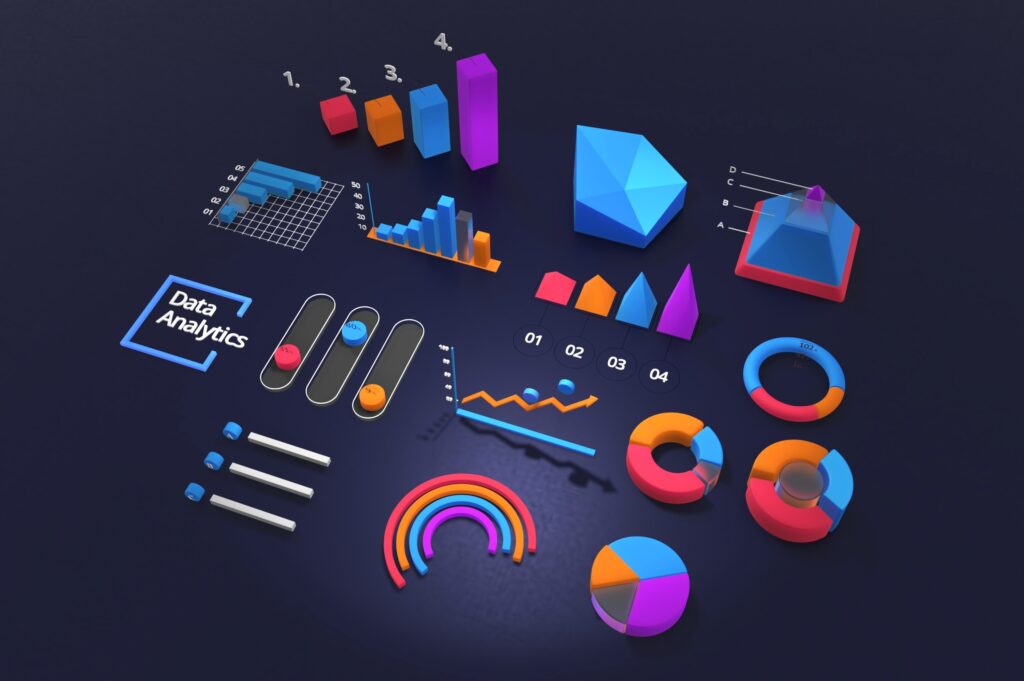
Data-driven is an important characteristic of the Internet of Things (IoT). The devices and systems in IoT gather massive amounts of data by way of embedded sensors, actuators, or other sources like cloud services, mobile devices, or databases. The collected data are then analyzed and further used to make data-driven decisions and improve efficiency.
Context awareness is another characteristic feature of IoT and it refers to the ability of the devices and systems in IoT to understand and respond to the context and environment where they operate. This is done by using sensors or other technologies that will be able to detect and collect data about the environment. This feature helps the devices and systems of IoT in making decisions and actions based on the context.
The crucial component of the Internet of Things (IoT) is embedded sensors and actuators as they enable IoT devices to interact with the environment and gather and share data. Sensors will be able to detect changes in the environment like sound, light, temperature, movements, etc. Sensors are embedded into the devices in IoT systems which will allow them to collect data from the environment.
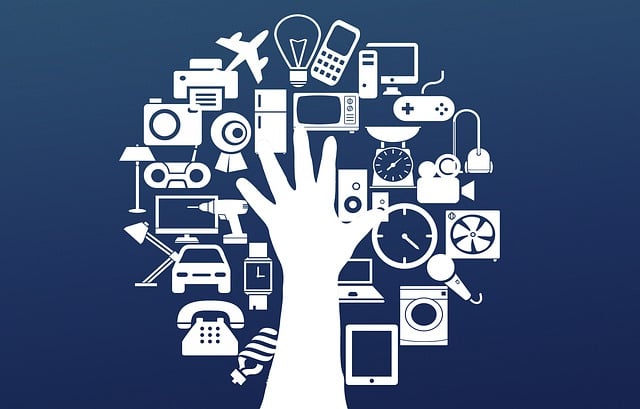
Whereas, Actuators are devices that are able to interact with the environment like opening and closing doors, turning on lights, controlling the motor speed, etc.
The Internet of Things delivers numerous benefits for various industries. Some of the benefits are specific to certain industries and some of them are relevant to multiple industries. However, the following are common benefits for businesses. They are as follows:
IoT helps companies to rethink the way they approach businesses and provide them with tools that will help them to enhance their business strategies. Usually, IoT is the most prolific in specific industries such as manufacturing, healthcare transportation, and retail even though they have use cases in agriculture, infrastructure, and home automation industries. Thus IoT has an impact on every industry.
Also Read: Debloat Windows 10: Make It Fast (EASY Command)
The advantages of the Internet of Things (IoT) are as follows:
The disadvantages of the Internet of Things are as follows:
Also Read: Add Me To Search, Add Yourself to Google Search & Google’s People Card
The Internet of Things (IoT) has appeared to be one of the most popular technology buzz terms over the past few years. IoT is transforming every industry ranging from healthcare to energy industries. The future of IoT is promising as well with numerous exciting and innovative businesses on the horizon. By acknowledging the crucial characteristics of IoT, identifying the importance of connectivity, and prioritizing the security measure you can navigate the globe of interconnected devices.